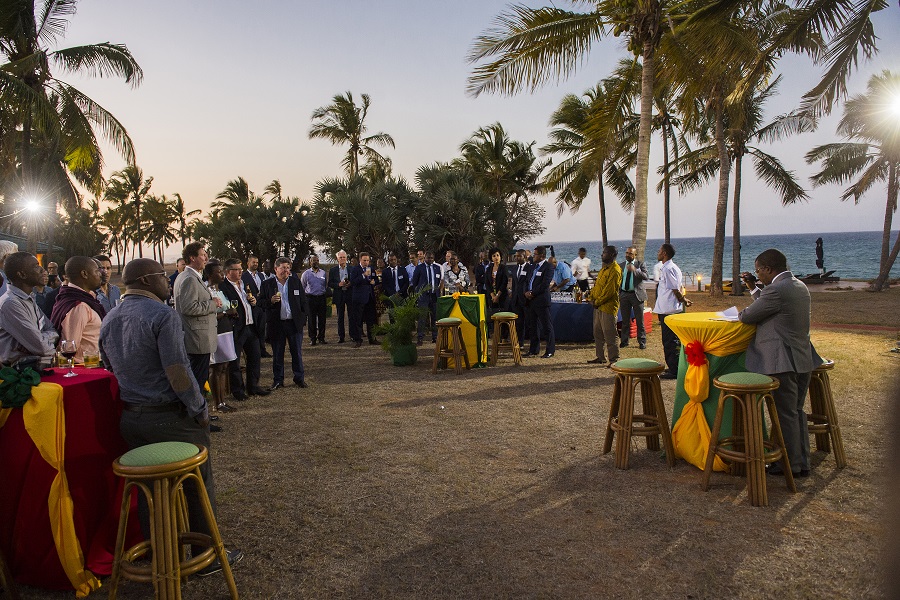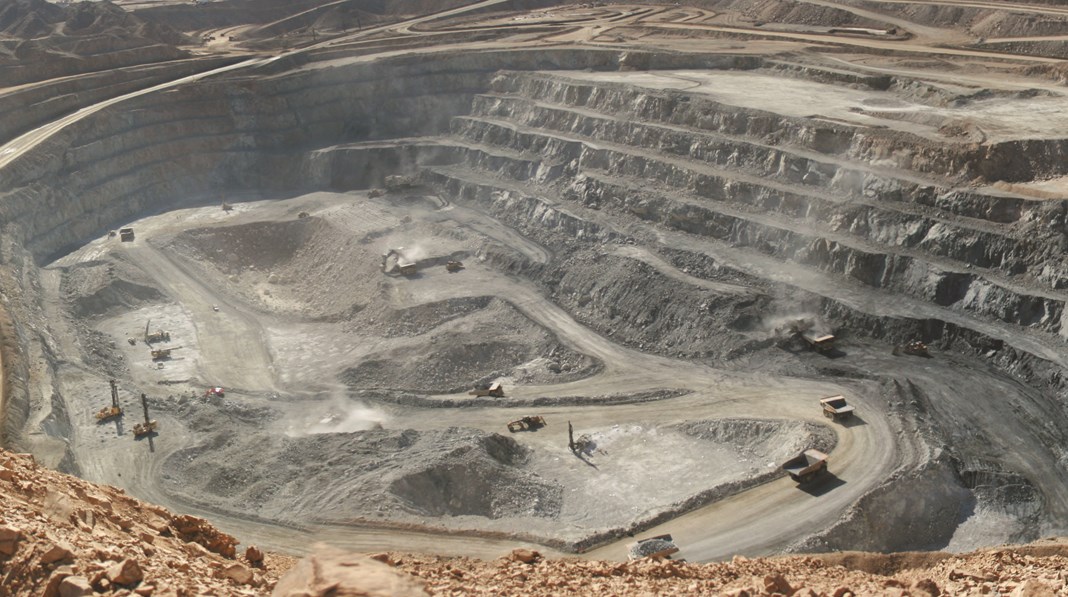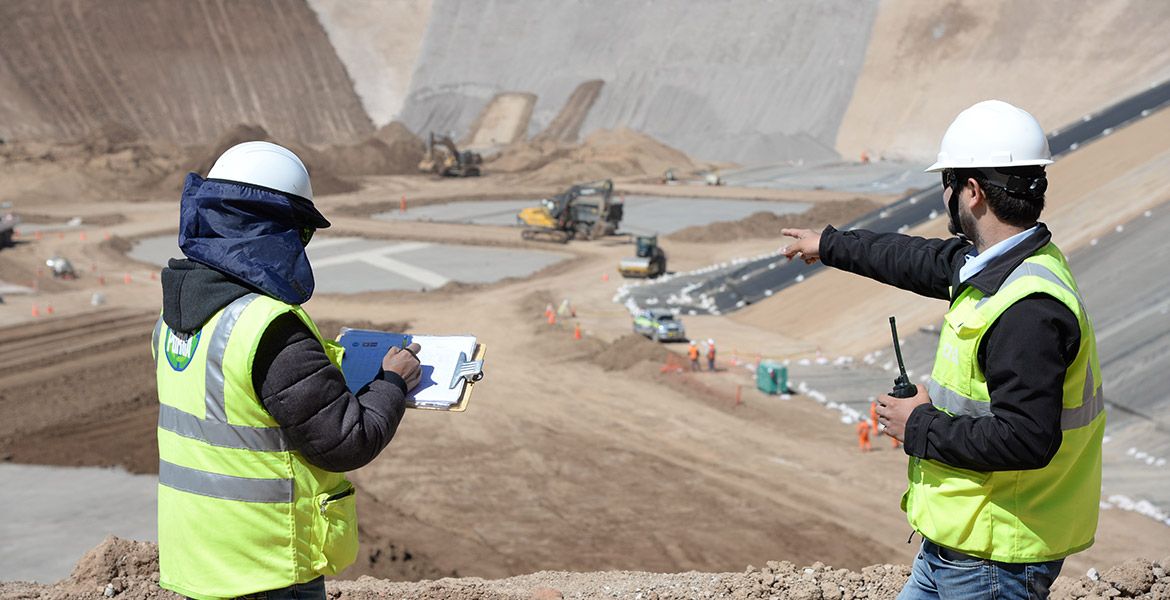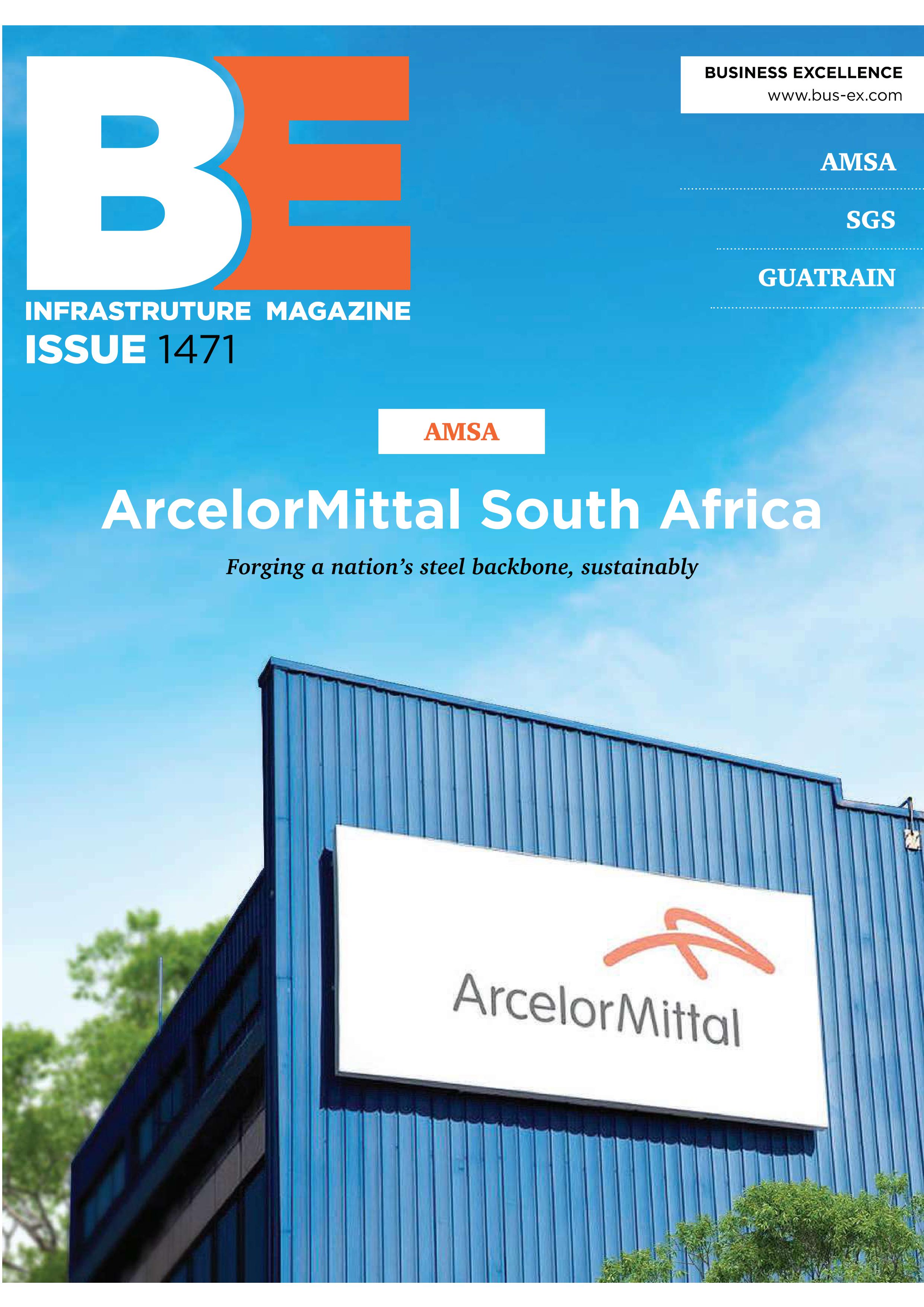
In 2017, the African country of Mozambique celebrates the proud landmark of 25 years of political stability and democracy. With stability has come significant progress on a number of levels. A recent indication of this was seen with the establishment of the Balama Graphite Project, some 300km west of the port city of Pemba.
Although graphite production has not yet begun at Balama, it’s a name with considerable history attached. In 1893, a British geologist and engineer working in the area conducted an inventory of resources at the site. In his report he claims to have discovered ‘the greatest deposits of graphite, of a most excellent quality, which I think have ever been found.”
The claim was a big one, but thankfully for Mozambique, an accurate one. In 2013, Syrah Resources announced that Balama held the largest graphite deposit in the world. Syrah Resources is investing some US$200 million to access the mine’s 81.4m tonnes at an average grade of 16.2%, containing 13.2mt of flake graphite.
Building a relationship with Mozambique and its people
The fact that the Balama graphite Project is expected to operate in Mozambique for many years means that Syrah Resources are in for the long haul. The money they invest in their employees, the local community and the environment will all pay handsome dividends for them and the country further down the line.
We recently spoke with Jordan Morrissey who is the Chief People Officer at Syrah Resources and will play a key role in the aforementioned investment in people. Jordan took some time to tell us about Syrah Resources’ operations on the ground, the company’s partners, and how he sees a bright future for the company and Mozambique as a whole.
For an operation which is effectively about to begin, the statistics in employment terms are pretty impressive. As Morrissey notes: “The number of people employed on the project peaked at 2,090 in January 2017. Twigg Exploration and Mining Limitada (Twigg), a wholly owned subsidiary of Syrah Resources, currently employs 523 people in Mozambique with 73% of these people coming from the project’s eight host communities, as per our local employment strategy.”
All of the employment efforts carried out by Syrah Resources on the ground are conducted in close collaboration with the Chief of the Host Communities to ensure that a fair and equitable approach is taken. The company has already hired and trained up locals across various disciplines including mining, processing, human resources, training, procurement, warehousing, health and safety and infrastructure.
Employment is important, but the diversity of that employment is of paramount importance. According to Morrissey: “There is currently a 23% representation of women across the Company with women holding Management and General Management positions. Diversity and equal opportunity feature prominently in the Company’s induction and training programs.”
Respecting Mozambique’s environment
Beyond its people, Syrah Resources is strongly committed to environmental sustainability and to minimizing its impacts on the local environment wherever possible. The Company’s Environmental Monitoring Program (EMP) is the primary tool to assist in identifying, understanding and minimizing the Project’s footprint. The EMP is run in consultation with the Host Communities to ensure the Company utilizes the customs, experiences and practices of the local people. The EMP analyses key metrics across the following areas:
Morrissey was also able to provide us with some further detail on the company’s environmental efforts, saying: “As part of the construction program; a state of the art bituminous geomembrane liner was installed at the Tailings Storage Facility and on Waste Rock Dump Stockpiles to eliminate any seepage losses to protect local groundwater resources. The geo-membrane is used for landfill lining and capping for the protection of groundwater in hydraulic, environment or transportation settings.”
Elsewhere, Syrah Resources is also planning a water recycling program, which will use reject water from a reverse osmosis plant mixed with tertiary treated wastewater for dust control and irrigation. The re-use of these wastewater streams greatly reduces demand on both surface and groundwater resources within the district.
Significant CSR efforts
As with all of its operations, Syrah Resources has built up a significant CSR effort stemming from the Balama Graphite Mine. As Mr. Morrissey notes: “Key community projects have been delivered across the Host Communities over the last two years which include the installation of solar powered water stations, mechanical water boreholes, fencing of the Balama District Hospital, solar powered lighting at the local school and donations to sporting teams and key community groups, to name a few.”
The Company’s Local Development Agreement (LDA) stipulates a commitment of US$15m to social projects over the mine concession across three main areas: physical projects, local employment & training, and health promotion.
Once endorsed, a Community Consultative Committee will be formed to ensure key community stakeholders are consulted and have input into the key projects that are to be delivered under the LDA. This will ensure initiatives are closely aligned with the needs of the communities.
Finally, Syrah is in the in the final stages of negotiating a Memorandum of Understanding with the National Institute of Employment & Professional Training & Labour Studies (IFPLAC) and is excited at the prospect of forming a partnership with IFPLAC to establish and manage the Balama Training Centre. The Balama Training Centre will see a minimum of 500 people from the local communities trained across a variety of disciplines including basic artisan training, agriculture development, English classes and Health Promotion.
Partners - from Mozambique and beyond
Mozambique has a well-developed mining industry, so has been able to provide many of the people and technical resources that the Balama operations require. One such example is the local affiliate of Grindrod Mauritius: Sturrock Grindrod Maritime. As Mr. Morrissey explains: “they are presently employed as import clearance agents for inbound goods and typically manage the ground transport of cleared goods from the port to the Balama mine site.”
The mine itself, several years in development before production could begin, has relied on a number of international and local partners. These include the French firm Total, Tayanna, a Mozambique mining firm and SNC Lavalin, which has taken good care of the Company’s structural mechanical piping requirements.
Mozambique has come a long way since 1992 to become one of Africa’s good news stories. Syrah Resources hope to contribute to that narrative over the coming decades. Exciting times lie ahead for the Balama Graphite Project, an integral part of the Company’s worldwide plans.
Syrah Resources is also embarking on another venture involving the downstream processing of graphite linked to the ever increasing demand for graphite with the manufacturing of batteries. This gives Syrah the ability to operate an integrated supply chain from mine to battery anode quality material. So, the Balama Graphite Project looks set to become an extremely important cog in an innovative and dynamic industry. Somewhere, that British geologist who claimed that Mozambique had a shining future is saying “I told you so.”
DOWNLOAD
 Balama-March-2017.pdf
Balama-March-2017.pdf












